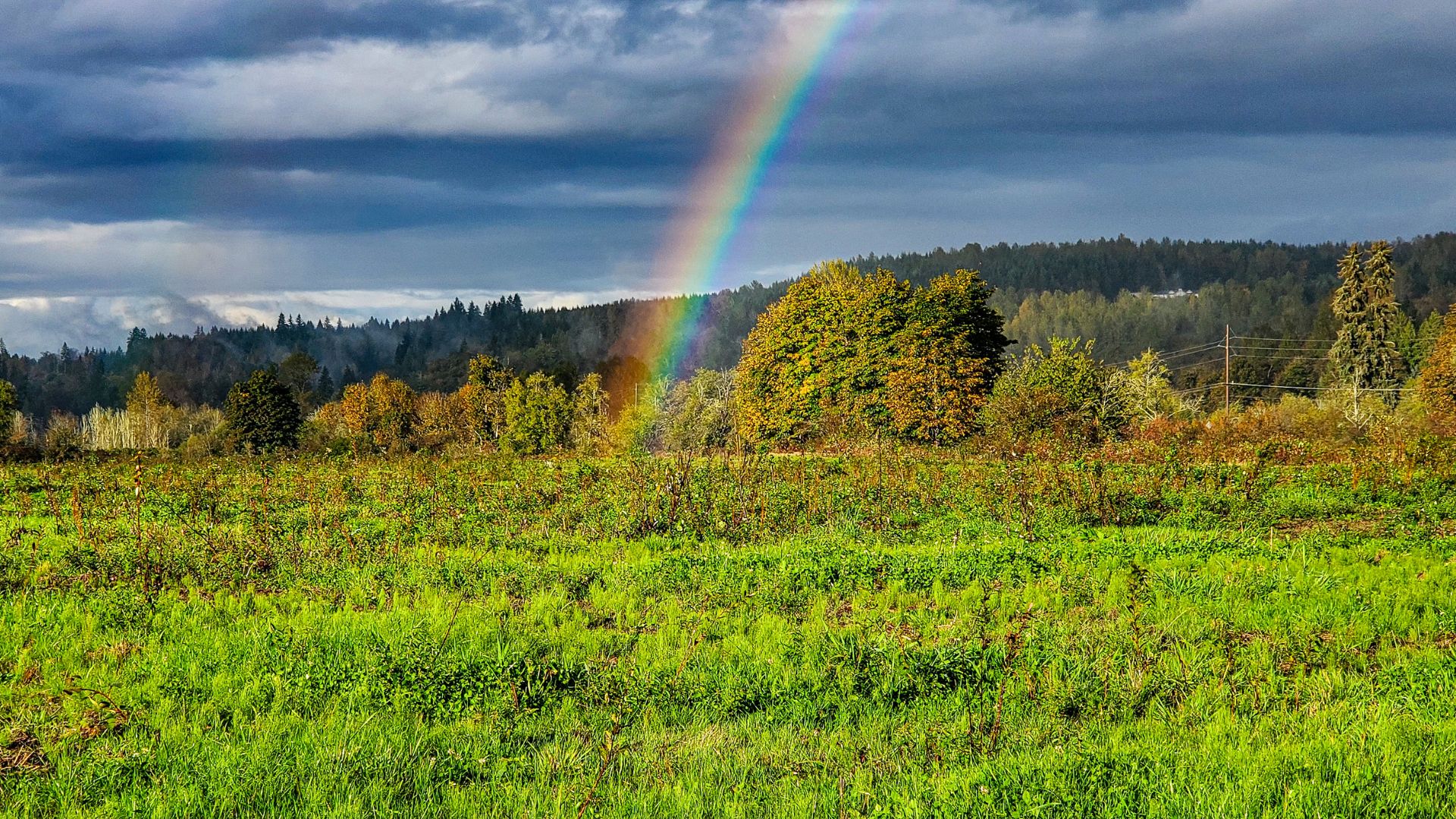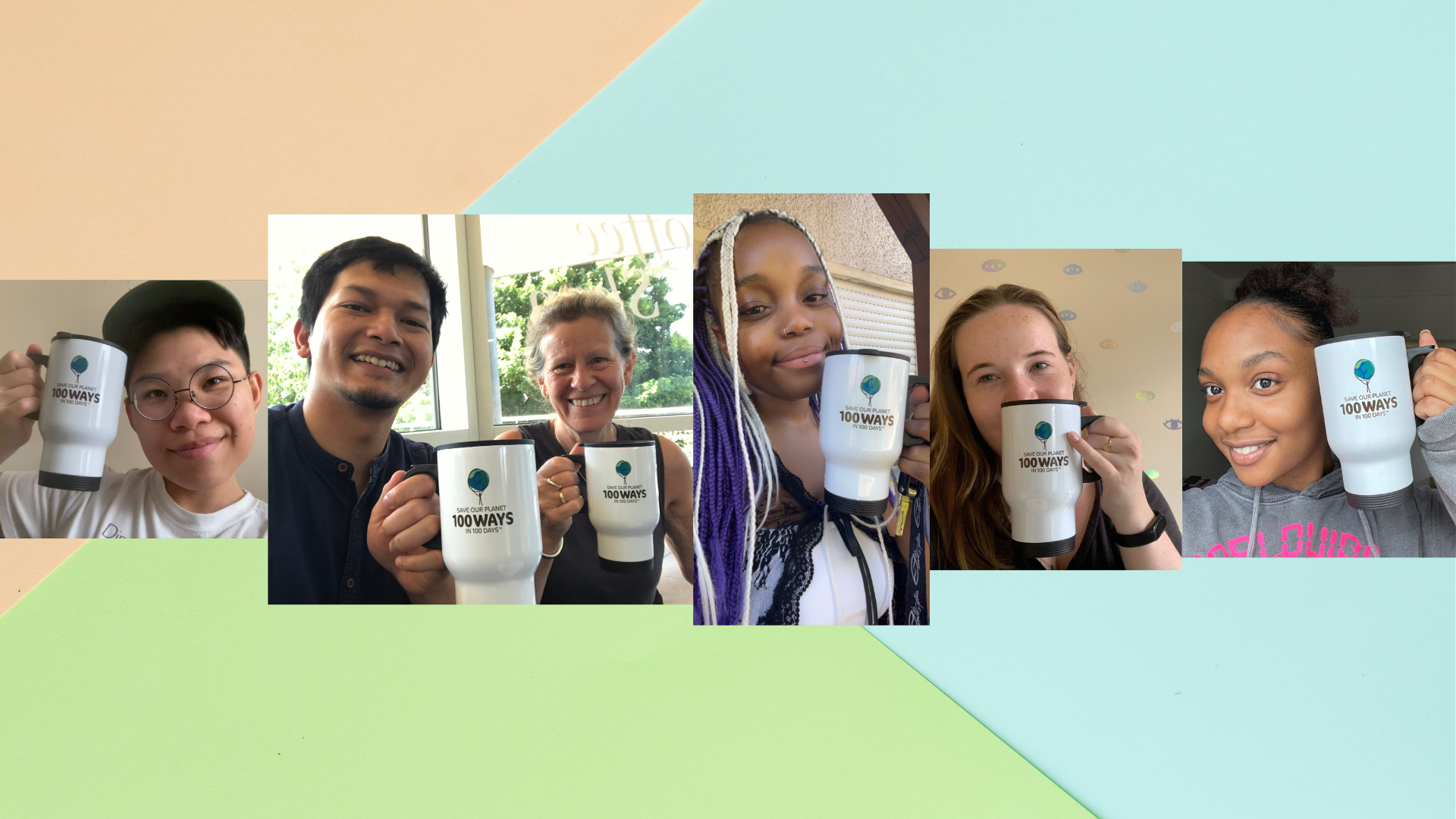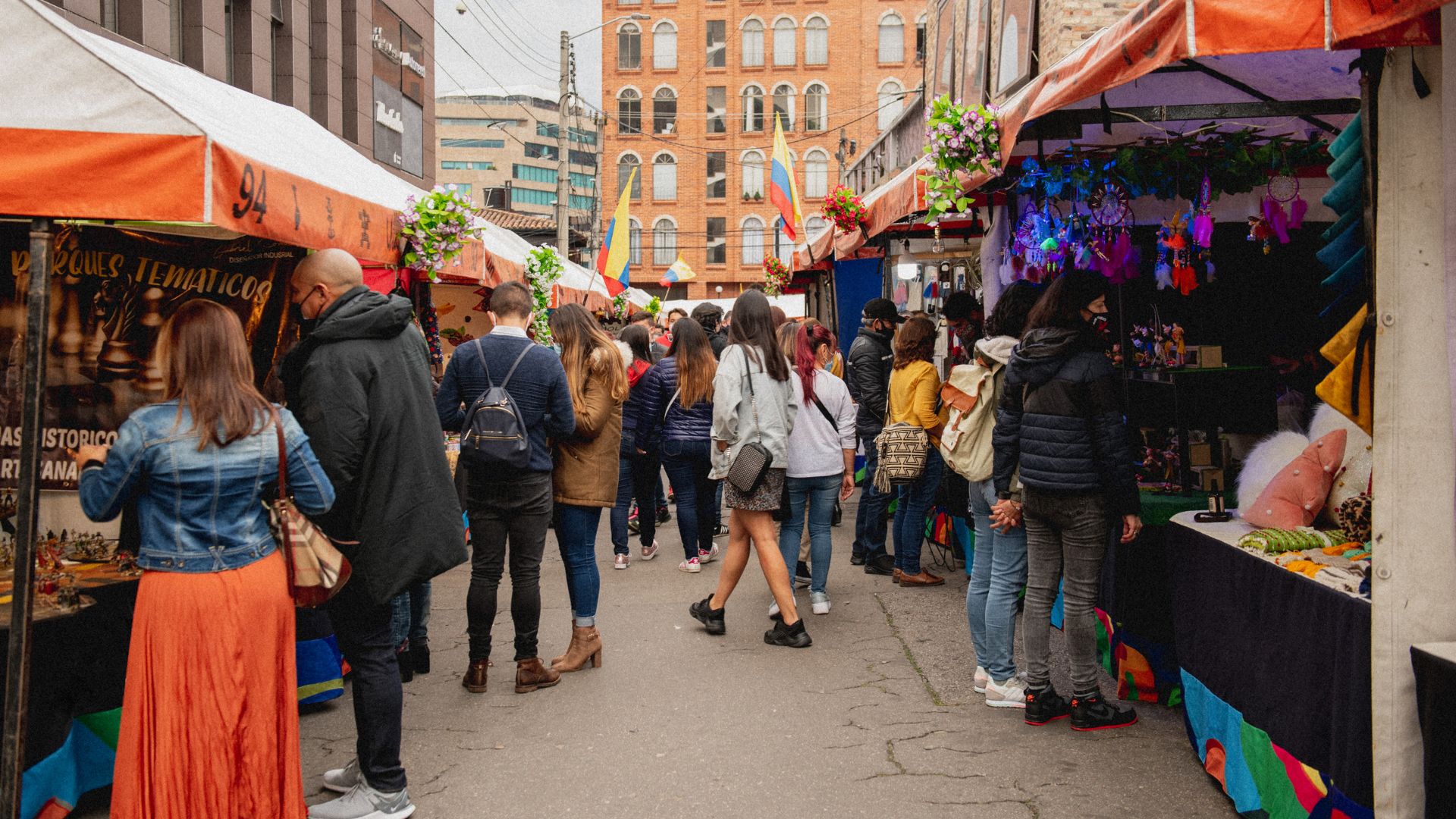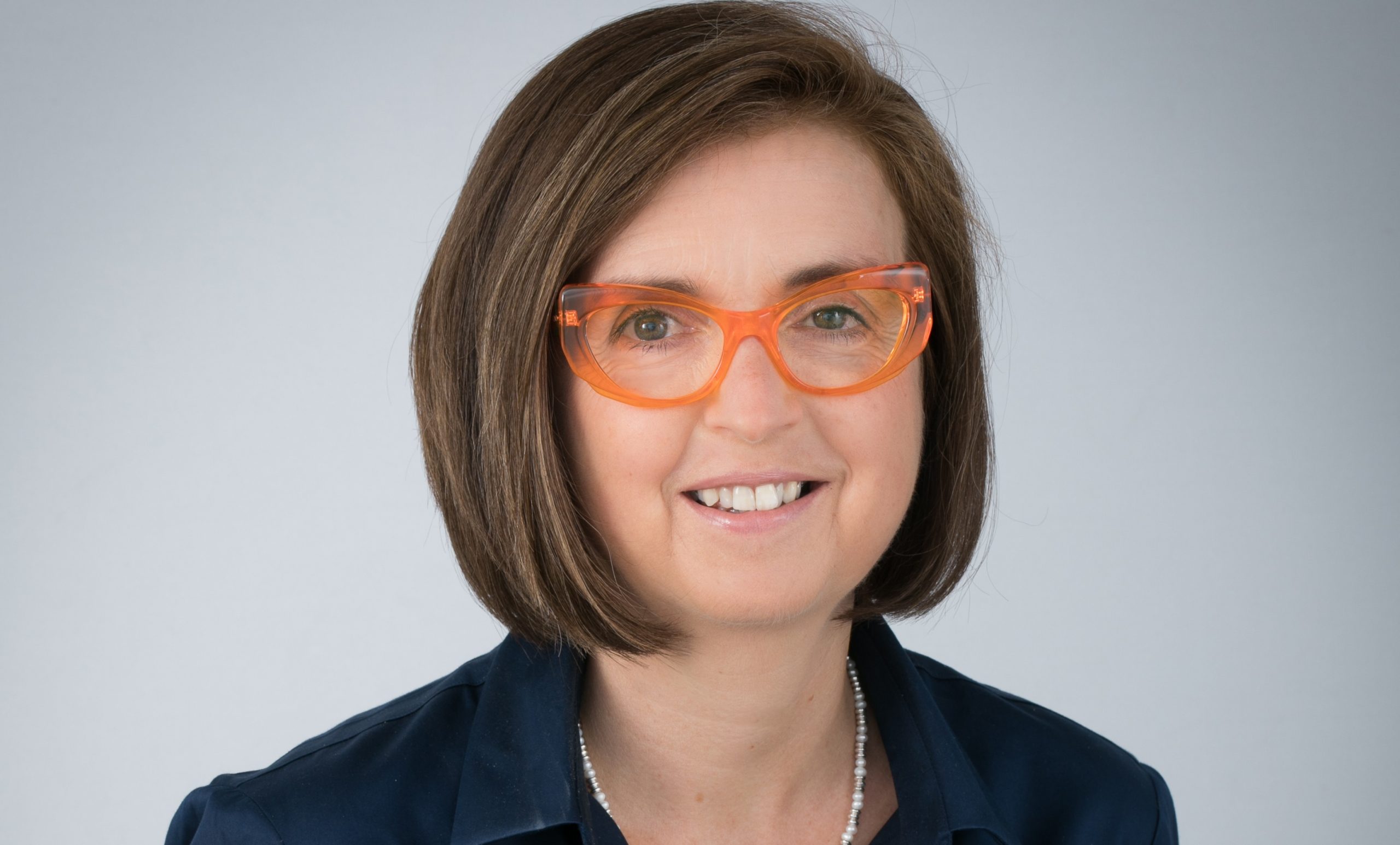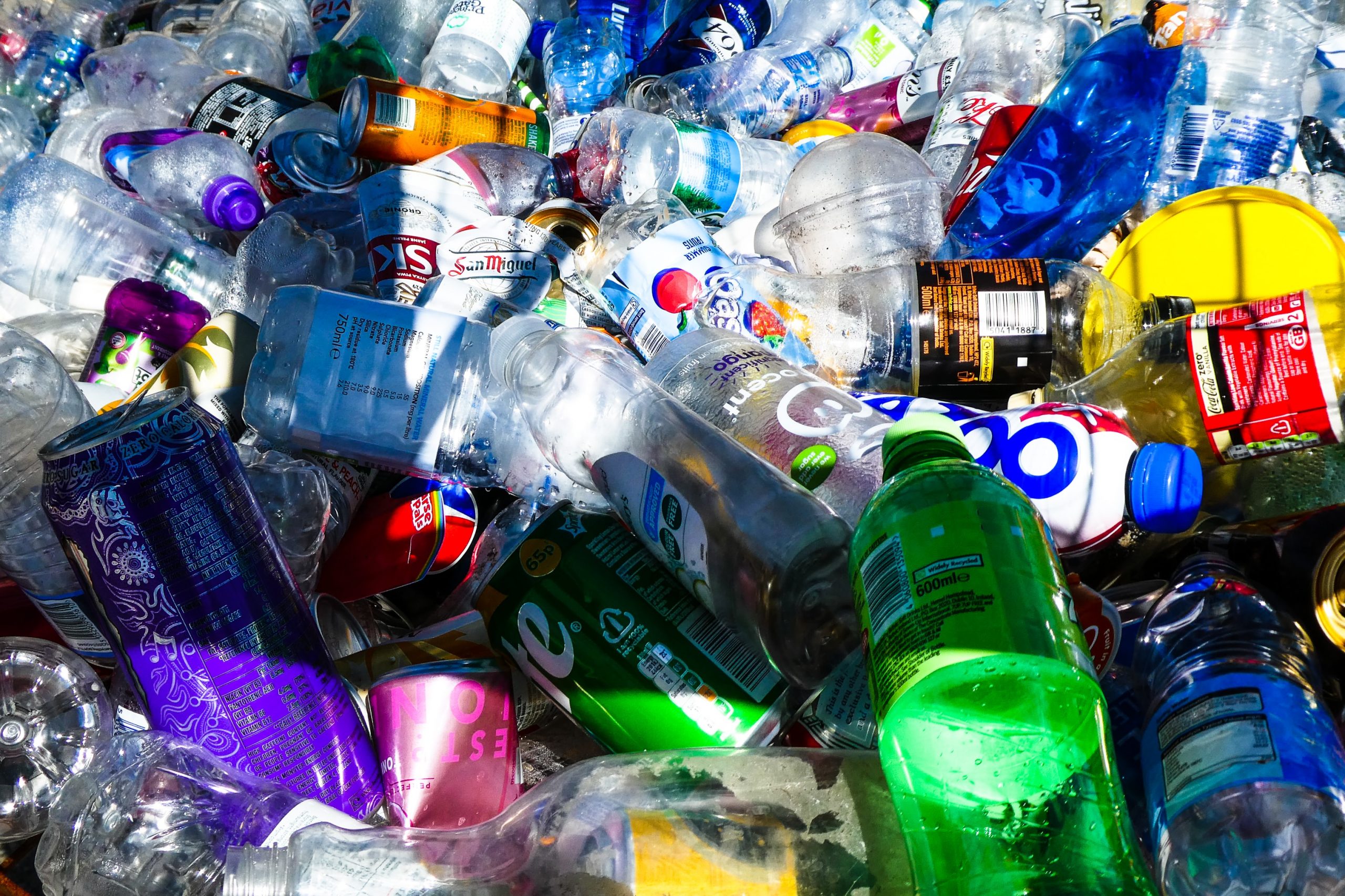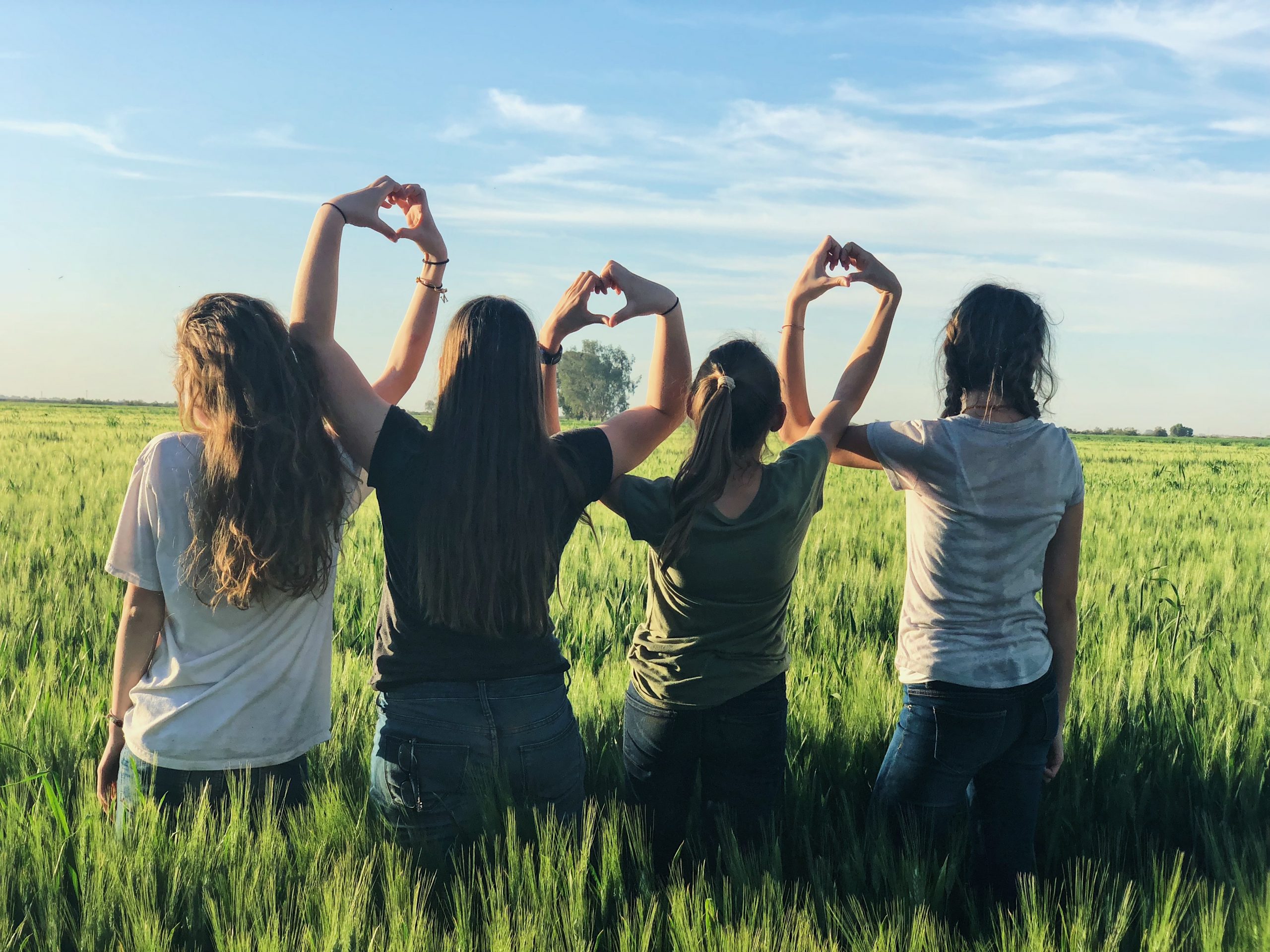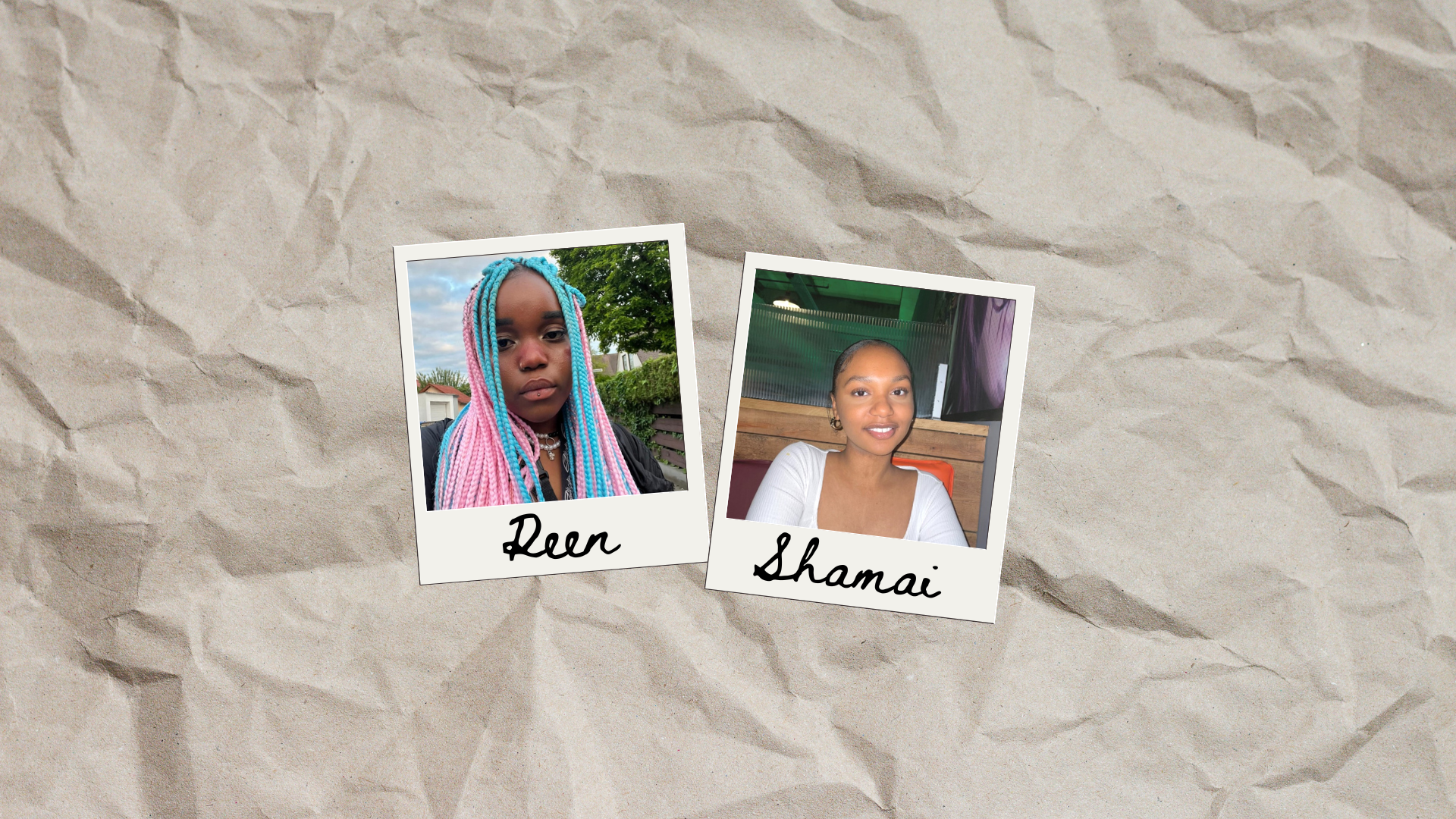Save money while saving the planet
When our founder Sue Skeats conceived 100 Ways in 100 Days™, it was all about doing good for the planet.
But, together with our PhD researchers at the University of Surrey, who’ve been assisting in its development, we found that many of our ‘Ways’ (easy and achievable bite-sized modules that help people live more ‘greenly’), are actually money saving as well. In fact it turned out the majority are.
Some in little ways, but others are truly jawdropping. The Theory of Marginal Gains (which sits at the core of 100 Ways in 100 Days), shows that every little really does help. Both for sustainability AND for the wallet. If we ALL make small changes, many times over, it can have significant impact.
The energy and cost of living crisis is affecting us all, right across the public, private and third sectors, or simply in our personal lives. So Sue has just launched a regular new personal LinkedIn newsletter (you can subscribe here). Entitled: Save Money; Save the Planet, she’s keen to share some of the savvy tips and thoughts we’ve unearthed while producing 100 Ways. Or heard from wise heads or innovative organisations around the globe. Or even mental ‘AHA!’ moments that’ve jolted us out of slumber at three o’clock in the morning. All have positive impact, not only on our precious earth, but on the bottom line too.
Here we reprint the rest of the content…
Get green and start cost-cutting today!
Here are three tips, chosen at random, to get you started:
Singing the praises of carpool karaoke
A University of California, Berkeley study proves that carpooling reduces energy consumption, emissions, pollution, congestion AND demand for parking. Plus obliterating fares of course (but that’s a debate for another day). Whether a daily commute or seeing granny for the weekend, it can be a gamechanger. One regular Edinburgh-Glasgow traveller saves £2,500 a year. PLUS ride-sharers often become firm friends and form new communities.
Try out apps such as www.liftshare.com or your neighbourhood, or workplace WhatsApp group to get started.
Love your leftovers
In the UK we needlessly waste enough food every year to fill 38 MILLION wheelie bins, or 90 Royal Albert Halls. Various surveys have found that bagged salads are a top victim, so here’s one canny hack to help.
Don’t bin slightly wilty salad. Peel off any brown leaves and refresh the rest in a bowl of very cold water for five to 20 minutes. They’ll bounce back through osmosis. Drain on the draining board or a clean tea towel. Eat straight away or store back in the fridge (but don’t pack the leaves too tightly, as this encourages the decomposing process).
Bring Your Coffee to Work Day
Despite many of us now working from home, the high street café culture boom continues. 80% of people who visit coffee shops do so at least once a week, whilst 16% of us visit on a daily basis. Shockingly, around 5 billion disposable coffee cups are used around the world every year, yet less than 1% are recycled.
A recent study suggested the average cost of a latté was £2.76. So, a visit three times a week, excluding holidays, would cost you almost £400. Soooo much cheaper to just bring your own from home, in an insulated, reusable travel mug.
Alternatively some cafés offer discounts if you bring your own cup. At Starbucks and Costa, for example, you’ll save 25p. Some don’t advertise this discount though, so don’t be afraid to ask.
Still sceptical about how small steps can make a difference?
If you’re still sceptical about how small steps can make a difference, take a listen to Professor David Halpern, CEO at the influential The Behavioural Insights Team (AKA The Nudge Unit). His witty interview on the BBC Radio 4 Today Programme this week (listen from 2:44:17) is packed with great money saving ideas that are eco-friendly too. He even claims that if we ALL reduce our energy consumption it would actually reduce wholesale prices too. Now, there’s something!
As a valued reader of this blog we have a couple of questions for you, to help in further editions…
We’d love to hear your thoughts about great ways to illustrate the Save Money; Save the Planet newsletter. Pictures of piggy banks and piles of cash can be so clichéd. We’d love your suggestions on fun and inspiring imagery and wordage combining money saving and planet saving (submit here). There’s nothing like diversity of thought. In fact some of the ‘Ways’ were initially going to be sub-branded Pennywise until our psychology colleague Claire Gregory, MBPsS pointed out that it’s also the moniker of the murderous clown. Whoops!
Thanks in advance for your inspired ideas.
Happy reading – and happy cost-cutting!

